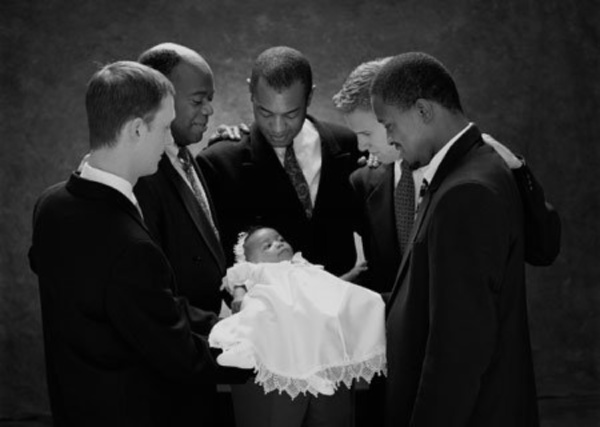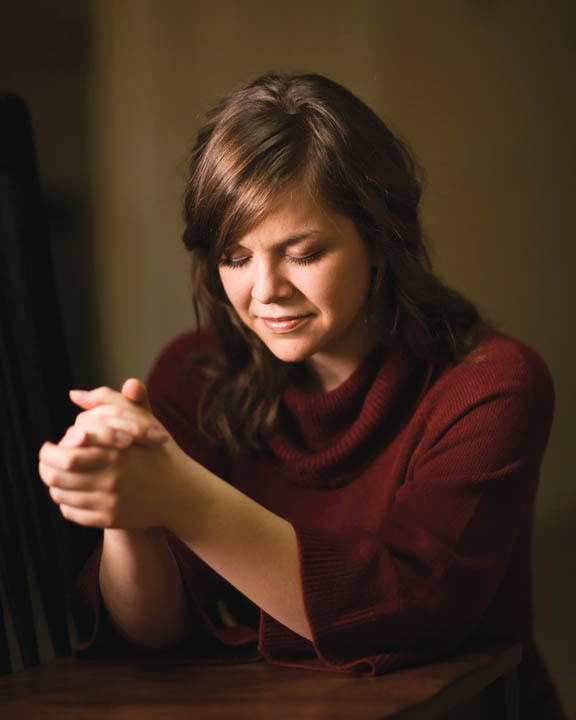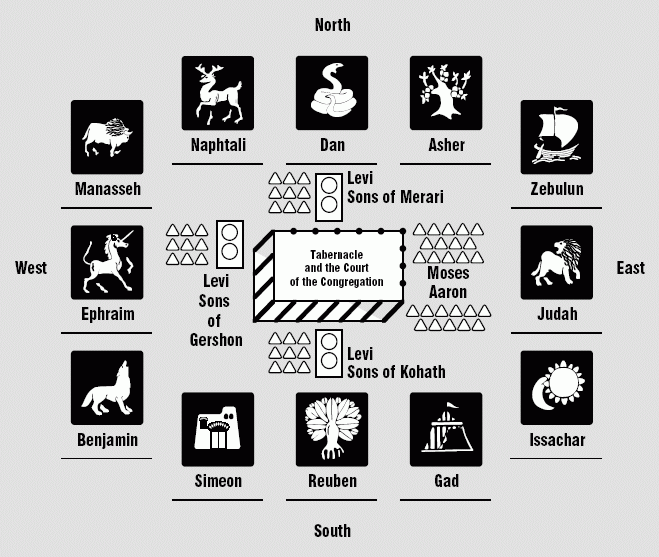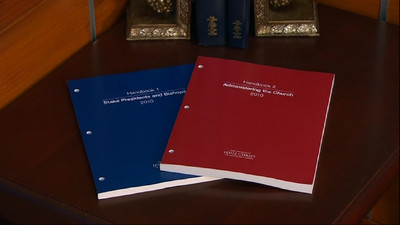Question
Gramps,
Looking at LDS baby blessings. Besides it being an ordinance and recorded in the church, what’s the point of blessing him? Does he need a blessing to receive blessings? He won’t remember the blessing anyway, so what’s the point of giving one?
Taylor
Answer
Taylor,
Baby blessings in the Church fulfill two primary purposes: imparting a divine blessing upon the child and officially recording the child’s name within Church records.
At the heart of the baby blessing is the desire to bestow a blessing upon the child through the authority of the Holy Priesthood. This blessing is believed to be recorded in heaven, exerting a positive influence on the child’s life. The laying on of hands by priesthood holders is a vital aspect of this ordinance, symbolizing the transfer of divine blessings and protection.
The Church teaches that such blessings can guide and influence the child’s spiritual journey, providing a spiritual legacy that parents and the community uphold. This practice aligns with the Church’s emphasis on the eternal nature of family and the importance of spiritual continuity across generations.
The second purpose of a baby blessing is to officially enter the child’s name into the Church records. When a child is blessed, they are designated as “A Child of Record,” ensuring their inclusion in Church statistics and records. This administrative aspect is crucial for several reasons:
1. Primary Rolls and Class Assignments: The names of blessed infants are used to create Primary rolls, which are essential for organizing children into their respective classes within the Primary organization. This facilitates structured spiritual education and community engagement from an early age.
2. Membership and Participation: Being recorded as a member of the Church from infancy acknowledges the child’s place within the faith community. This recognition fosters a sense of belonging and identity as the child grows and participates in various Church activities and ordinances.
While both baby blessings and baptism serve to incorporate individuals into the Church, they operate at different stages of a person’s life and carry distinct theological implications.
Baptism in the Church is a covenant between the individual and God, symbolizing repentance, the desire to follow Jesus Christ, and the commitment to live according to Church teachings. It is typically performed at the age of accountability (eight years old) when children are deemed capable of understanding and consenting to the covenants they are making.
This ordinance is a public testimony of faith and an essential step towards spiritual growth and salvation within the framework of Church doctrine.
In contrast, baby blessings are performed for infants who are not yet of an age to comprehend or make covenants. Instead, these blessings seek to set a spiritual foundation for the child’s life and formally recognize them within the Church community. The blessing serves as both a spiritual initiation and an administrative record, distinct from the personal commitment and covenant that baptism represents.
In the Church, the authority to perform blessings comes from the priesthood, which is considered the power and authority of God delegated to man. This priesthood authority is essential for the legitimacy and efficacy of the blessings bestowed upon individuals, including infants.
Priesthood holders, typically fathers or male guardians, perform the blessing through the laying on of hands, invoking divine favor and protection for the child. This act is believed to align the child’s life with God’s purposes and provide divine guidance throughout their development.
The concept of a spiritual inheritance is pivotal in understanding baby blessings. The Church teaches that blessings received early in life have lasting effects, shaping the child’s spiritual journey and potential. Parents and priesthood holders believe that these blessings are part of a divine plan, offering protection, guidance, and a foundation for future spiritual growth.
Some may view baby blessings as a tradition rather than an ordinance, but within the Church, they hold significant doctrinal and spiritual importance. As ordained by the Church’s priesthood authority, baby blessings are considered essential rites that bless and protect children from an early age.
Keep in mind. The child may not remember the blessing, but the parents will.
Gramps







